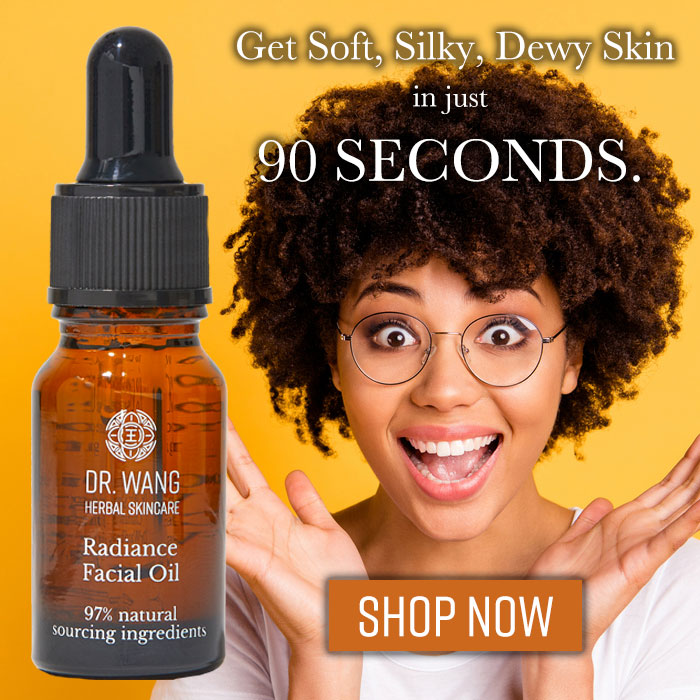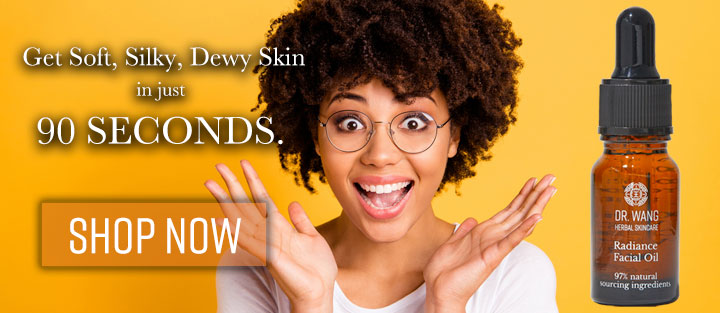The summer season is in full swing! Graduation parties are winding down and kids are getting geared up to go back to school already. But the summer fun in the sun is really picking up. Trips to the park; that family trek to the amusement park; a weekend out on the boat; the weeklong vacation on the coast. So much fun to fit into the rest of the summer.
But as you’re enjoying the full glory of the sun’s rays, have you really taken the time to stop and consider your skin, or are you just grabbing that old tube of sunscreen when you think you’ve had too much sun?
The truth of the matter is that now is the time you need to stop and consider your skin’s needs more than ever. Take a bit of time to protect your skin properly from harmful UV rays now, and your skin will thank you in the future. But with so many varieties and types and labels out there, how do you know that what you grab off of the shelf will be the right choice to protect your skin?

Why Do You Need Sunscreen?
There’s been a popular fashion trend in the past few decades, nudging people to want to appear dark and tan and “healthy.” While some sunlight is good for you, too much of a good thing is, well, no good! You really only need about 15 minutes of midday sunlight a couple of times a week in order to get your necessary vitamin D dose. On the other hand, excess exposure to UV rays have been linked to a variety of problems.
Skin cancers are the obvious. The sun’s rays have a way of getting through clouds and dreary days, so it’s important to protect your skin, even on days when you’re not out sun worshipping. Ultraviolet radiation can damage the DNA in your skin cells, causing genetic mutations that can lead to these skin cancers. There are several different types of skin cancers ranging from pesky (e.g., basal cell cancer) to deadly (e.g., melanoma), but all of them may leave you disfigured by the time it’s all said and done. It’s better to just avoid it altogether!
The sun’s UV rays have a tendency to cause subtle, long-term damage. There are two types of UV rays. UVB are the ones responsible for the “burn” and several types of skin cancers. That’s the type you think about after you’ve already been at the beach for two hours before you realize you’re already gotten burned. UVA rays are the ones primarily responsible for aging, and it can also cause sunburn to some degree. The resulting damage of the UVA rays don’t usually show up right away - they accumulate over a period of time (like years) and manifest themselves in the form of premature aging. Many of those fine lines, wrinkles, and age spots you start to see are the direct result of years spent in the sun. UVA can also contribute to skin cancers.

Types of Sunscreen
There are two main varieties of sunscreen: chemical or physical, also known as organic or inorganic. To get a good, all-around protection, you’ll need to pay attention to both.
Physical sunscreen relies on minerals to physically block the sun’s rays from reaching your skin. Back in the day, it was these sunscreens that were responsible for the typical 1980’s white nose under the beach hat picture. Nowadays, these minerals are broken up into tiny little pieces that blend well when applied to your skin, so you barely notice it’s there. For people with darker skin type, the whitening effect is more noticeable even with formulations with small particle sizes.
Zinc oxide and titanium dioxide are popular choices for these inorganic ingredients. They reflect UV rays, sort of how white paint reflects light. They’re great at deflecting UVB rays, so they can go far towards preventing that sunburn.
Chemical, or organic, sunscreens sound harsh, but they really don’t have to be. They have their place. These ingredients absorb UV radiation through their chemical bonds, changing it into something non-threatening that is released in the form of heat.
Some chemical sunscreen ingredients have been found to be possibly detrimental to your health, so it’s always a good idea to read your ingredients list before plopping that tube in your shopping cart. Avobenzone, for instance, degrades after about 30 minutes in the sun, resulting in free radicals being released. That means it’s not protecting you from the sun anymore, leaving you open to premature aging and skin cancer. In an effort to stabilize avobenzone, it’s often paired with chemicals like octocrylene, homosalate, or octisalate, but there have been some concerns such as systemic absorption, and photo irritation.
So where does that leave you?

Be a Savvy Sunscreen Shopper
The important thing is to find a sunscreen that works, that you like (or at least don’t mind), and that you will continue to use over and over again. Pay special attention to the texture and smell of the products. If you don’t like the smell or feel the product is too greasy or sticky, you will not use it or use enough of it. Nothing will work if you don’t use it! So, go to your local pharmacies, like CVS, Target or Walmart. Try the different products out. Find the one that fit your preference.
Protecting your skin from the sun’s UV rays is a no-brainer, so it’s just up to you to decide which sunscreen you need to go with. Finding one that’s a combination of a chemical sunscreen with a physical sunscreen is going to help to make sure that you have most of your bases covered. You need to be sure to choose something that offers broad-spectrum coverage (both UVA and UVB protection). According to the American Academy of Dermatology, dermatologists recommend using a sunscreen with an SPF of at least 30, which can block 97% of the sun’s UVB rays. It’s also a good idea to use a product that is water-resistant if you are going to stay outdoor and being active for long time.
There are a ton of choices and options to pick from, depending on your taste:
- Gels
- Sprays
- Creams
- Sticks
There are even options for people that have sensitive skin and young children and babies, so there’s no reason to not incorporate sunscreen into your daily routine, particularly if you’re spending time outside.
Protecting your skin from the sun is a huge step towards ensuring its health long term. Nourishing your skin and fighting any damage that may have been done is just as important. At Dr. Wang Herbal Skincare, we have created holistic and innovative products designed specifically to promote the health of your skin. We believe in the power of herbs to heal skin holistically. Our products incorporate the best of both modern Western medicine and the ancient tradition of Eastern medicine to promote skin health that radiates beauty.
Protect Your Skin with Dr. Wang Herbal Skincare
Steven Wang, MD and Gui Wang, LAc have been working together for over 20 years to provide potent, herbal remedies for spas and individuals around the world. The father-son duo mixes Traditional Chinese Medicine (TCM) with cutting edge scientific advances with the aim of bringing relief, comfort and happiness to our customers.
Our products are the result of decades of dedicated research. We never test our products on animals.
We believe that utilizing both modern Western medicine and time honored Eastern medicine allows us to provide unique skincare solutions. To learn more, read what experts from The New York Times, Allure, Reader’s Digest, and more have to say about our revolutionary products.




